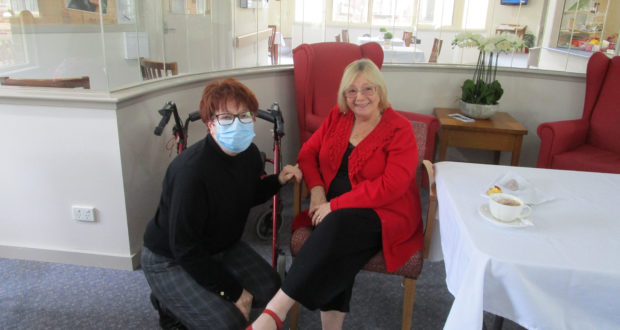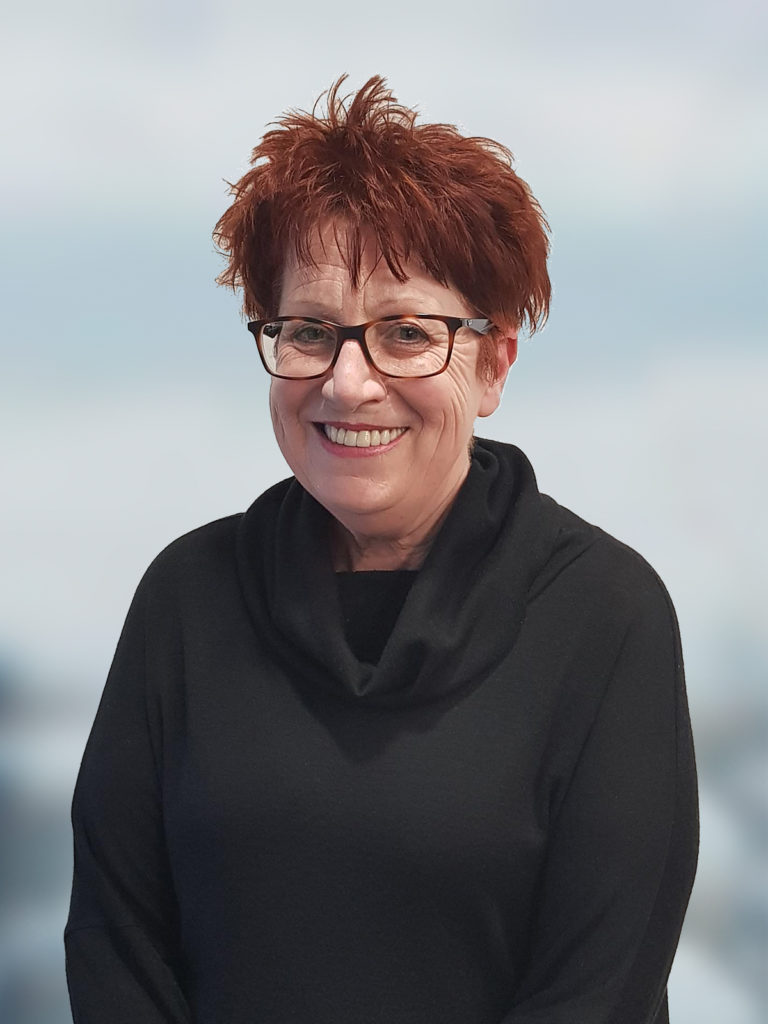Women make up the absolute majority of the healthcare workforce in Australia. It is not even close.
At last check, of the 366,000-odd aged care workers, nearly nine in 10 workers in aged care were female (87 per cent of those in residential care, and 89 per cent of those in home care or home support).
In the broader healthcare space, women outnumber men by nearly three to one, with a total of 440,000 women and 146,000 men registered and employed in Australia’s health workforce.
But still too few women rise to the upper management echelons in these organisations.
A study by US consultancy firm McKinsey found that in the US for entry level healthcare positions women outnumber men by a 66 per cent to 34 per cent split. By the time it gets to senior management level men make up 51 per cent of the positions, and by executive level men make up 70 per cent of positions.
In Australia, women only hold 14.6 per cent of chair positions and 28.1 per cent of directorships, and represent 18.3 per cent of CEOs and 32.5 per cent of key management personnel.
Over the next six weeks, Aged Care Insite will profile six women who have firmly established themselves in the aged care industry.
From educators to chief executives, these stories will uncover how these women have navigated the traditional barriers that affect the advancement of women to leadership.
Kerri Rivett's story
Kerri Rivett took her current role, as chief executive of the Royal Freemasons, bang in the middle of the pandemic.
The Freemasons has a big aged care portfolio of 16 residential care facilities and home care packages all over Victoria, and getting to grips with such a large organisation in such a period of uncertainty took all of her experience.
"It required some tenacity to figure out very quickly what was going on in the organisation. I was brought in for my experience, and the organisation was facing some challenges," she tells Aged Care Insite.
"Both from a leadership point of view, and a clinical point of view. I suppose when I reflect on my career, the reason they brought me in is because I come from the coalface: I started out at 17 as a personal care worker and pretty much worked my way up."
Like all providers, the Freemasons has faced a slew of issues during the last two years and Rivett has spent much of the last 12 months restructuring and steadying a ship already facing rough post-royal commission waters.
But for Rivett, the role at the Freemasons offered her a challenge and, determined not to rest on her laurels, she was more than happy to rise to it.
"I sat in a nice little job, I managed Shepparton Villages for eight years, and took it from having nothing, to it being a high performing organisation," she says.
"I think the difference is a lot of women like challenges. You get bored. You have to like getting your hands dirty, you have to like getting amongst the people. Now, I love making changes. I love moulding the industry and making a difference."
Rivett's aged care journey started at age 17 as a PCA and she has been learning on the job, upskilling while in the industry, ever since.
Like a lot of women in the health industry, she learnt her trade the old way before entering education as the job became increasingly professionalised.
First as an EN, then RN and many other postgraduate qualifications later, she has over a decade of experience as a chief executive with a total of 30 years of senior healthcare roles under her belt.
Sher says that the key to her success is that she has followed the jobs that she believes will make a difference and because of it, she has gained a well rounded skill-set.
"The difference between men and women is that sometimes men will just get on this trajectory and just want to be the CEO, and won't diversify along the way. I've not worried about the hierarchy. I've gone where I wanted to make a difference."
As for other women who want to become successful in the aged care sector, she says that you have to advocate for yourself.
"What I know is when I'm negotiating with someone who's male, they're very clear about what they want," she says.
"I think we have to be, as women, more comfortable in our skin, be comfortable negotiating. You have to be comfortable with you, and you have to do lots of self-reflection.
"Be clear and concise about what you want. Understand where you want to go, and just go for it."
And as she looks back on her career so far, the same word comes up time and again – difference.
"The biggest thing I get out of doing this job is being able to design facilities that really make a difference, being able to employ staff and make a difference to their training as well. So, make a difference to the outcomes of the residents that live in our facilities as well.
"I've worked in health for a very long time. I've chosen the hard end of the stick, like mental health and aged care, but I'm very mission driven. As a woman, I feel I'm being put on this earth to make a difference, and I want to look after the most vulnerable people in that community. I think that's why you see a lot of women in not-for-profit organisations, and leading not-for-profit organisations.
"I think it's a tough industry. I think if you can survive in age care, you will survive anywhere."
Do you have an idea for a story?Email [email protected]
 Aged Care Insite Australia's number one aged care news source
Aged Care Insite Australia's number one aged care news source


